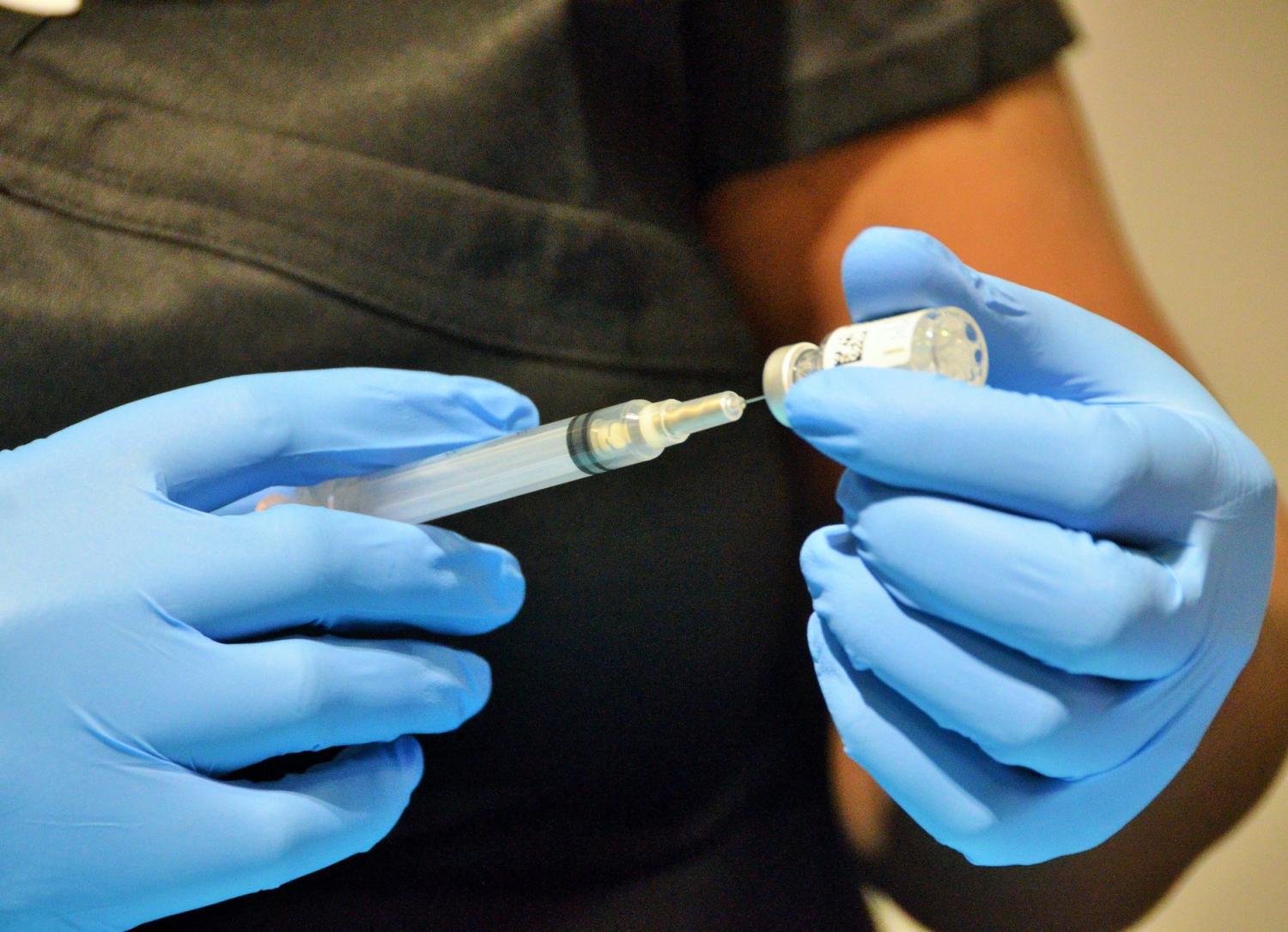A pair of new US studies late last week in JAMA Network Open shed new light on COVID-19 vaccine hesitancy, finding that reluctance to get vaccinated fell faster among Black than White Americans and revealing a link between depression and vulnerability to vaccine misinformation.
White adults less likely to think vaccines needed
A research team led by Ohio State University scientists in Columbus surveyed 1,200 US adults recruited from an online nonprobability panel each month from Dec 9, 2020, to Jun 16, 2021. The goal was to learn their level of COVID-19 vaccination intention and beliefs about the safety, efficacy, and necessity of the vaccines.
Average weighted participant age was 49.5 years, 52.0% were women, 64.0% were White, and 12.2% were Black. The survey participation rate was 57.0%.
When the study began, about 38% of Black and 28% of White participants were vaccine-hesitant, but by June, 26% of Black and 27% of White participants were reluctant. Similarly, the belief that the vaccines were necessary rose more among Black than White participants in March and April.
Beliefs that COVID-19 vaccines are safe, effective, and necessary were positively tied to intention to vaccinate, and there was no evidence that these associations varied by race.
The study authors noted that lower levels of vaccine uptake among Black populations are often attributed to vaccine hesitancy but may actually be due to access factors, such as distant vaccination sites, lack of transportation, and rigid work hours.
In an Ohio State University press release, senior author R. Kelly Garrett, PhD, noted that Black Americans have borne disproportionate burdens of poor COVID-19 health and economic outcomes.
"While Black Americans' intention to get vaccinated has gone up, their actual vaccination rates haven't gone up as quickly," he said. "That suggests that there are other obstacles to vaccination. We have good reason to think that has to do with access, something we must continue to work on."
Twice as many depressed people believe myths
Using a monthly online nonprobability survey of 15,464 US adults, a team led by a Massachusetts General Hospital (MGH) researcher assessed the association between moderate or severe depressive symptoms on the Patient Health Questionnaire 9 (PHQ-9) and believing at least one of four COVID-19 vaccine myths from Apr 1 to May 3, 2021, before the FDA fully approved the vaccines.
Among the 15,464 participants, average age was 47.9 years, 63.6% were women, 76.6% were White, 9.7% were Black, 6.6% were Hispanic, 4.7% were Asian, 26.9% had moderate or severe depression, and 19.2% agreed with at least one COVID-19 misstatement.
The misstatements said that COVID-19 vaccines alter people's DNA, contain microchips that could track people, contain the lung tissue of aborted fetuses, and can cause infertility.
Overall, 29.3% of people with moderate or more depressive symptoms believed the vaccine misstatements, relative to 15.1% of their nondepressed peers.
Depression was tied to a higher chance of endorsing COVID-19 vaccine misinformation (adjusted odds ratio [aOR], 2.15). Participants who agreed with at least one vaccine myth were significantly less likely to be vaccinated (aOR, 0.45) and more likely to report vaccine hesitancy (aOR, 2.68).
Of 2,809 respondents to a follow-up survey in July, those who were depressed during the first survey were much more likely than their nondepressed peers to agree with more false vaccine statements than they did in the initial survey (aOR, 1.63).
"While we can't conclude that depression caused this susceptibility, looking at a second wave of data at least told us that the depression came before the misinformation," lead author Roy Perlis, MD, said in an MGH press release.
The researchers said that the findings didn't differ by misinformation source, political beliefs, or demographic factors. More likely, depression might lead to a dark worldview. "If you already think the world is a dangerous place, you might be more inclined to believe that vaccines are dangerous—even though they are not," Perlis said.
The results suggest the need to ensure that people have access to treatment for depression and anxiety, according to Perlis. "By addressing the extremely high levels of depression in this country during COVID, we might decrease people's susceptibility to misinformation," he said. "Of course, we can only show an association—we can't show that the depression causes the susceptibility, but it's certainly suggestive that it might."






















